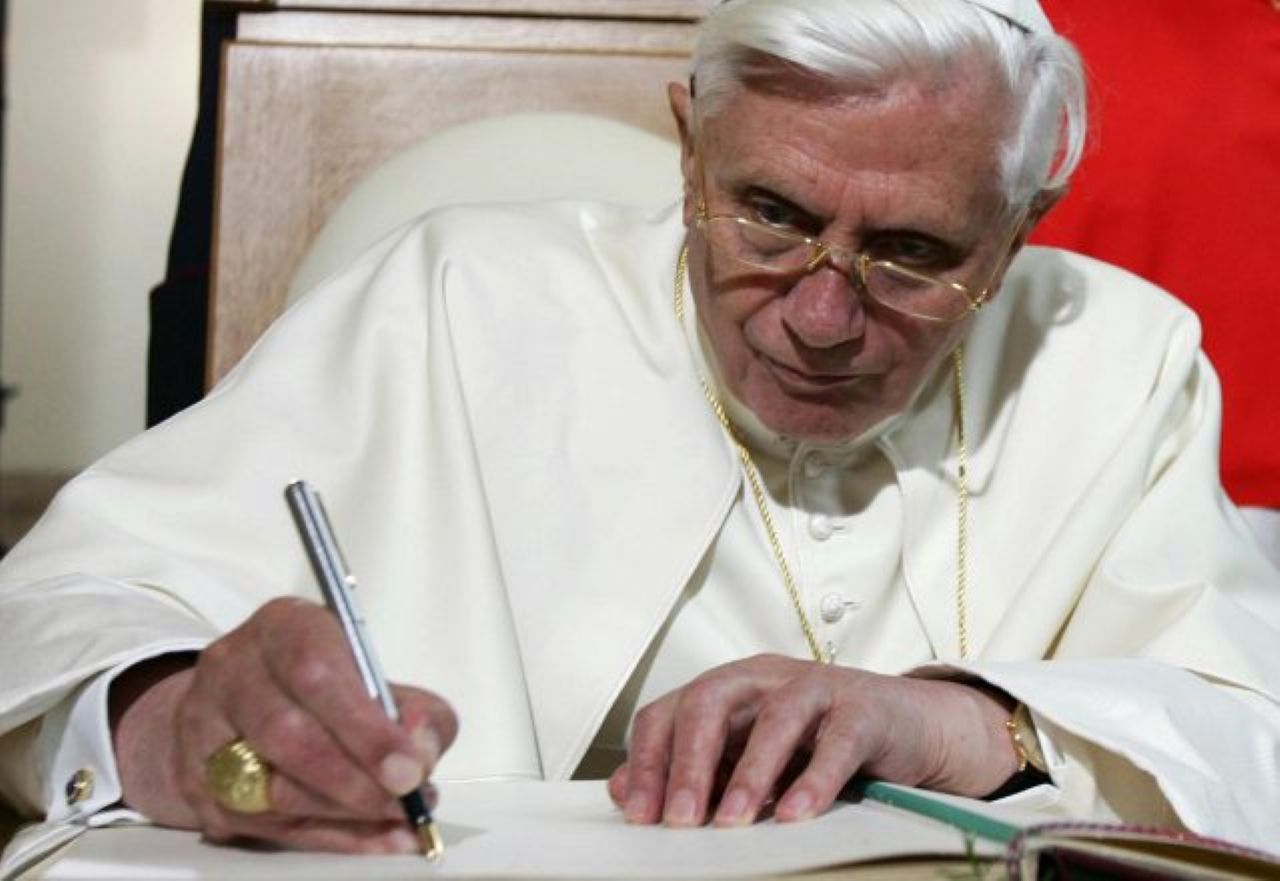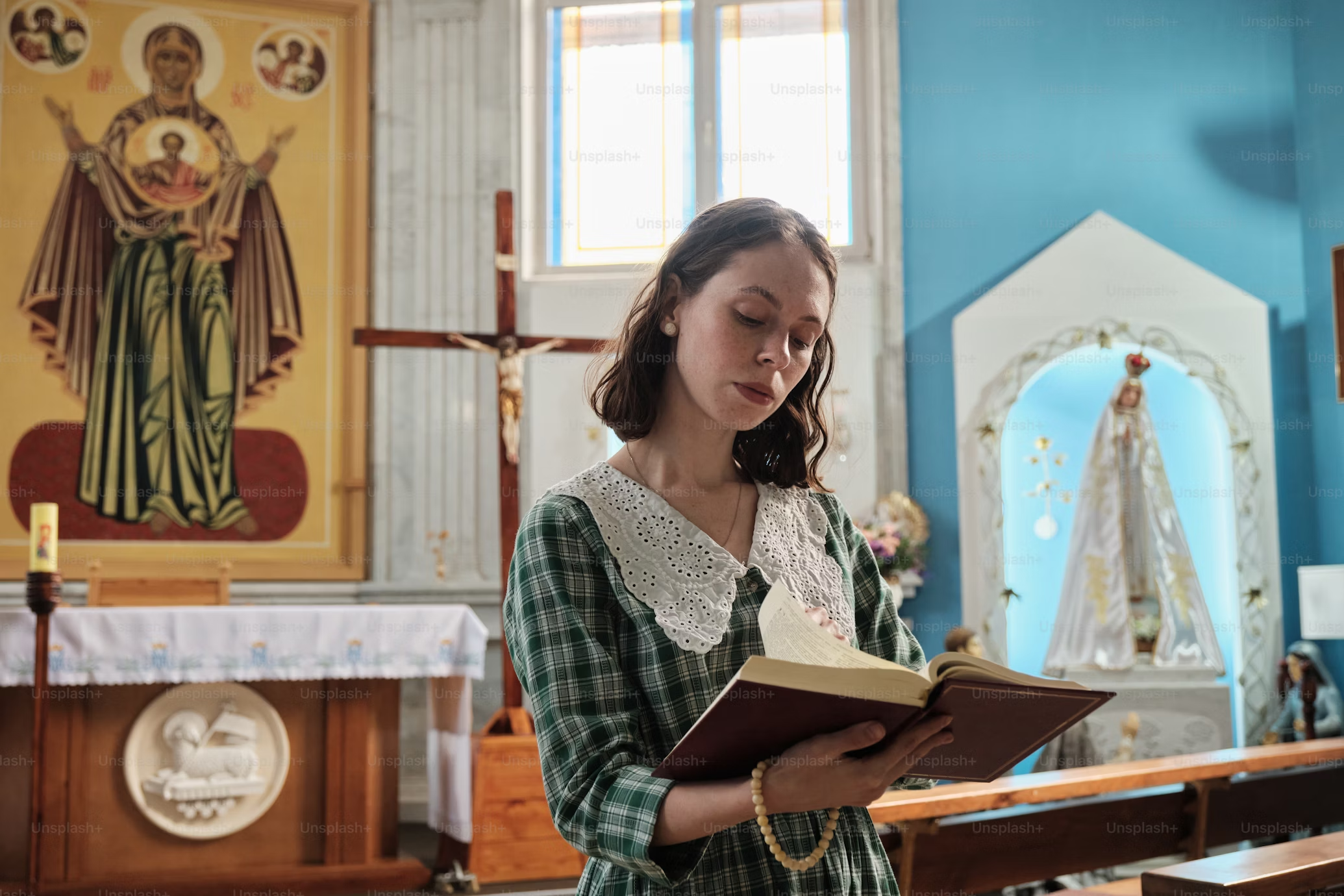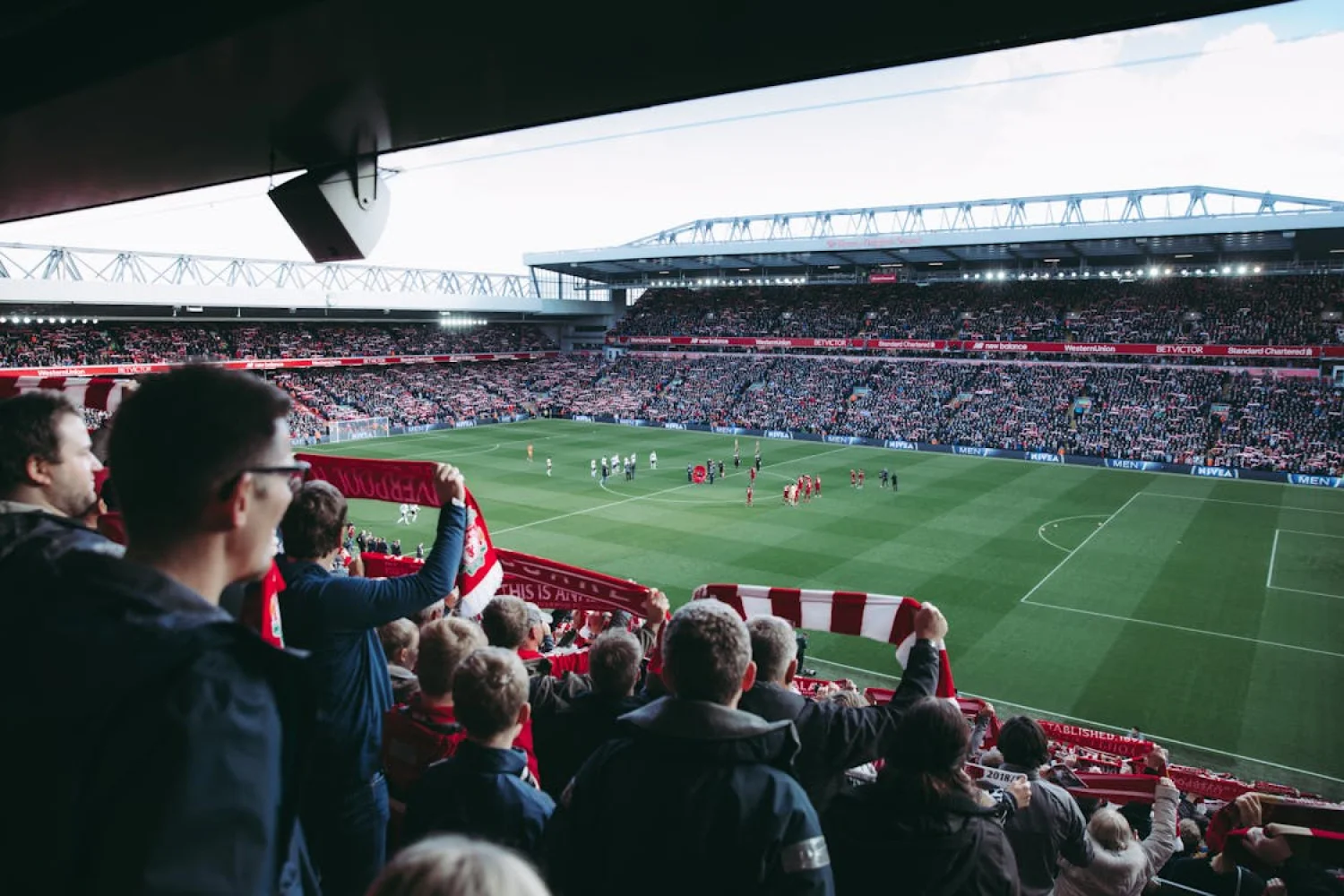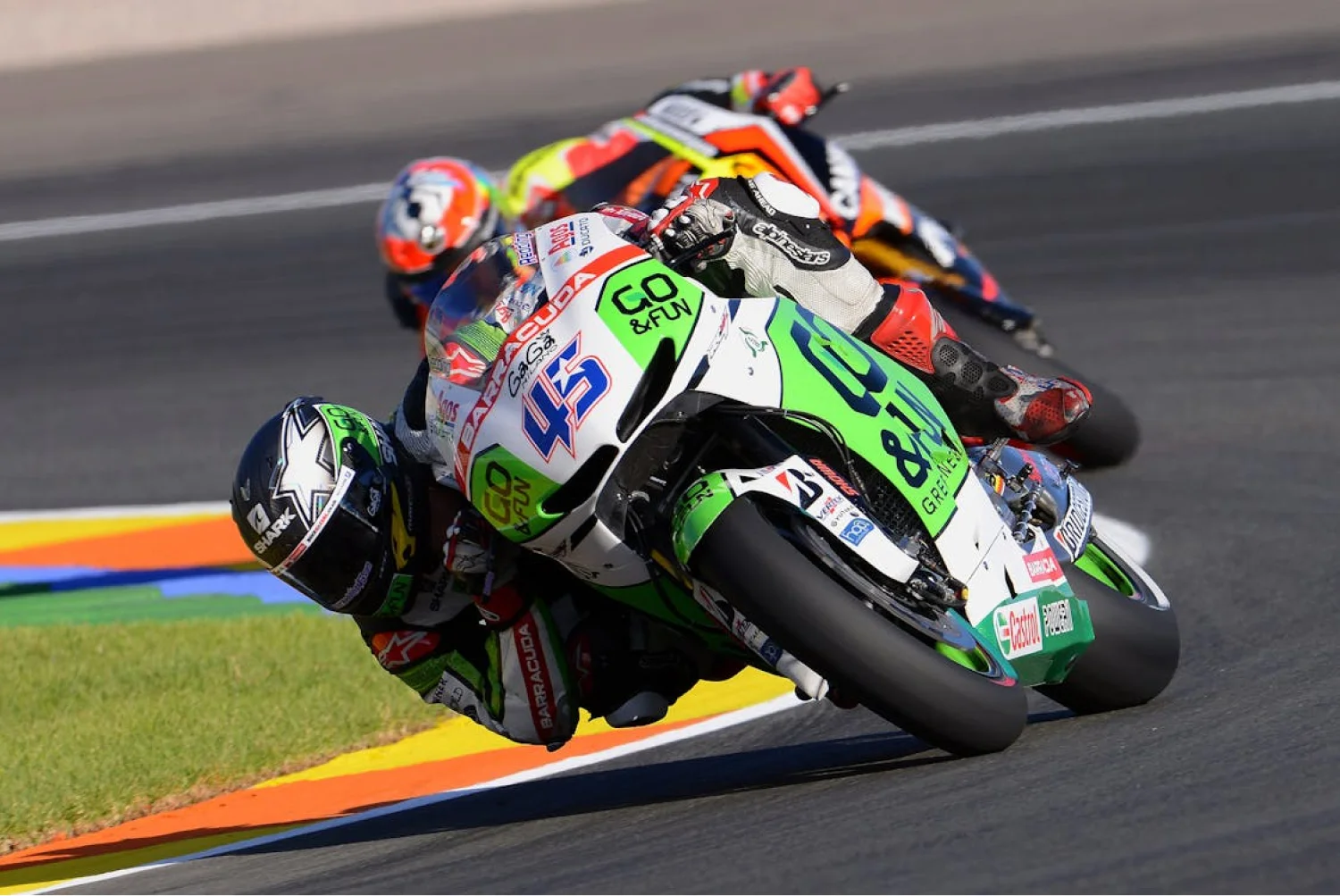In a few days, the sound of the alleluias of Easter will resonate, and our Church will turn her gaze toward the great feast of Pentecost—the culmination and fulfilment of the Paschal Mystery. If Easter is the triumph of Christ over death, Pentecost is the triumph of Christ in us, the mystical Body. It is not merely an addendum to the Resurrection narrative; it is its extension into the life of the Church. As we prepare our hearts for this powerful descent of the Holy Spirit, we must allow ourselves to be drawn into the Upper Room, that place of prayer, expectation, and transformation.
The Pattern of Waiting
St. Luke tells us that after the Ascension, the apostles returned to Jerusalem and “devoted themselves with one accord to prayer” (Acts 1:14). This period of waiting is not passive idleness, but a charged expectancy—a spiritual novena, if you will—that models for us the interior posture necessary to receive the Spirit. They were not strategizing or devising evangelization plans; they were simply praying, with Mary at the center.
Here, the Church learns again that mission flows not from human ingenuity, but from divine initiative. How often do we rush ahead of grace? The apostles teach us to pause, to watch, to pray—and in so doing, to make ourselves radically available to the movements of the Spirit.
Fire and Wind: The Unpredictable God
Pentecost is not tame. It is not sentimental or safe. It arrives with the sound of a mighty wind and with tongues of fire. Both images, deeply biblical, evoke a God who cannot be managed. Wind, like the Spirit (the Greek pneuma and Hebrew ruach), goes where it wills. Fire purifies, illumines, and consumes.
To prepare for Pentecost is to invite God into the locked rooms of our hearts—not so He can gently tidy things up, but so He can set them ablaze. “Our God is a consuming fire” (Hebrews 12:29), and the Spirit is not interested in half-measures. If we are willing, the Spirit will disturb our complacency, stretch our vision, and launch us outward in mission, often to uncomfortable places. If this sounds unnerving, good. Christianity is not meant to make us comfortable; it is meant to make us saints.
Mary and the Church: The New Creation
It is no accident that Luke mentions Mary by name among the praying disciples. As she was overshadowed by the Holy Spirit at the Annunciation to bring forth Christ, so now she is present as the Church is overshadowed to bring forth Christ to the nations. The Spirit does not abandon the pattern of creation; He fulfills it.
We would do well, then, to prepare for Pentecost in the Marian mode: pondering, yielding, trusting. Mary did not fully understand the how—but she said yes. Can we do the same? Can we allow the Spirit to overshadow our lives, our plans, our expectations, and bring about something we could never have engineered on our own?
The Mission Continues
Pentecost is not the end of the story. It is the beginning of the Church’s great adventure. What began in that Upper Room spilled out into the streets, and eventually into the ends of the earth. The same Spirit that spoke through Peter, healed through Paul, and sang through the martyrs is alive in the Church today.
But are we listening?
In the days leading up to Pentecost, I urge you: return to the Upper Room. Carve out time for intentional prayer. Ask the Holy Spirit to come—not just in general, but into the specifics of your life: your fears, your wounds, your relationships, your vocation. Read Acts 2 slowly. Meditate on John 14–16. Invite the Spirit to renew His presence in you as in a new creation.
And then, be ready to go. Because the Spirit does not descend to keep us inside; He sends us out. He blows where He wills, and if we are wise, we will let Him carry us with Him.
Come, Holy Spirit. Come, Creator Spirit. Set our hearts on fire.












